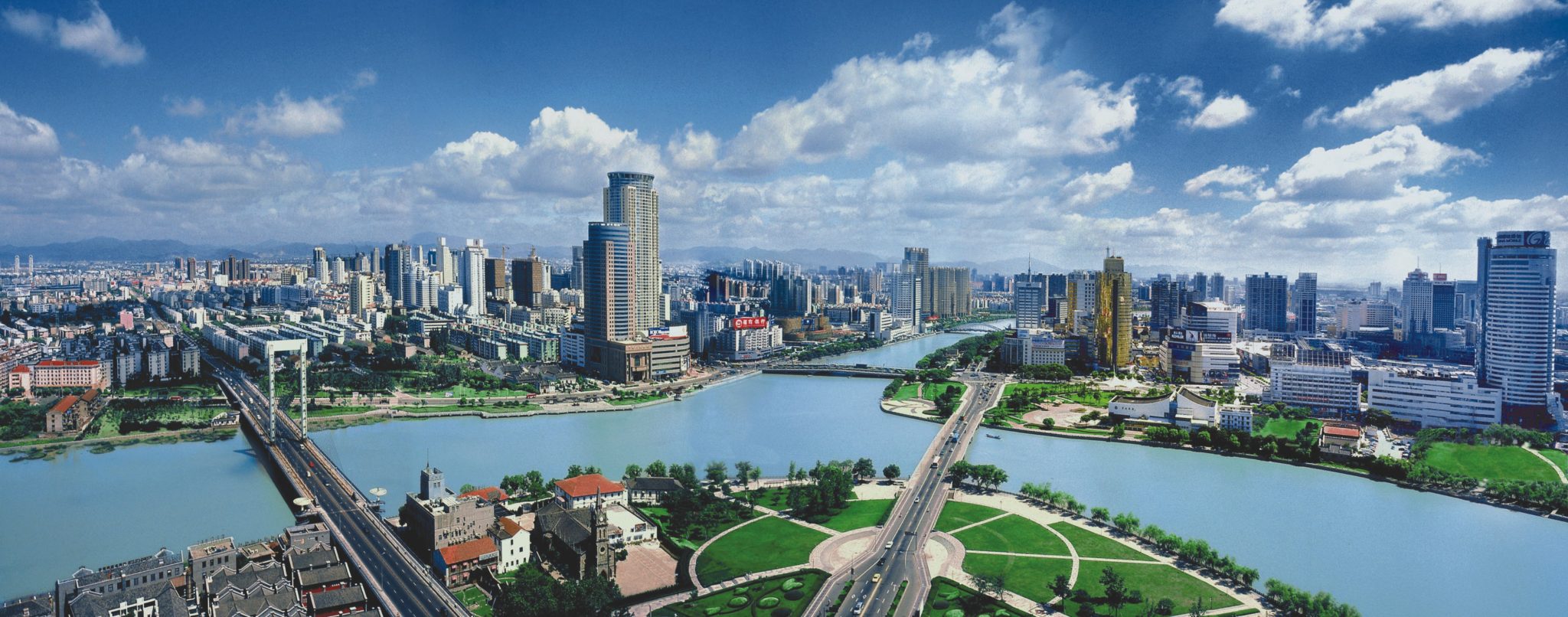Does Second Tier Necessarily Mean Second-Rate?

It’s been a while now since I departed Beijing for Ningbo, in Zhejiang province. Long enough to venture some thoughts on the difference between living in a first and second-tier city, which might offer some perspective to those living in the capital.
It should be pointed out first of all that Ningbo, while little known outside China, is hardly a backwater town. “A little seaside village of seven million people,” is how I characterized it to friends back home. Like most Chinese cities, the administrative district is much bigger than the actual urban area. Ningbo is not really, for example, as big as London (it’s somewhere between LA and Chicago by population). But it is an ancient city, an important commercial port since the Tang era, one of the “treaty ports” from the colonial era, with its own Bund and what is claimed to be China’s oldest library; tier 1A according to some lists, along with Chongqing, Chengdu, and Tianjin (the tier system having no official status whatsoever).
But the thing that struck me most on getting here was the laid-back atmosphere. Of course it’s still noisy and chaotic, with new subway lines being constructed right outside our apartment. But cars stop at pedestrian crossings, and even at rush hour, you can get from pretty much anywhere you need to be in 30 minutes, for under RMB 50.
Our move to Ningbo was driven, as was our move to China in the first place, by my wife’s career. It was not somewhere we picked out as an ideal destination. But I will not lie, I was more than ready to leave Beijing. In the end it wasn’t the pollution that drove me away, but the congestion. After we moved from Chaoyang out to the wilds of Shunyi, there were still nights when we had to get our Didi to turn for home on the way to the kids’ soccer practice, because after 40 minutes of sitting in traffic it was apparent that we would never get there in time.
But speaking of pollution, that is another significant difference. People here complain of the AQI, but compared to the days in the capital when the poison in the air was actually visible, I find it hard to take these concerns seriously. Ningbo is greener, cleaner, and less stressful. Score one to tier two.
It’s not all one way though. For a city bigger than Chicago, Ningbo doesn’t have a fraction of the Windy City’s cultural heft. I happen to be a classical music nut, and the concerts, operas, and ballets at the Egg in Beijing were of the very highest quality. China’s enthusiasm for music training means that Ningbo has a young, nervous, but perfectly competent symphony orchestra, with a pompous old-school conductor. But they only play two or three times a year. Most of the performances at our nearby Cultural Plaza are of the “Spirit of Riverdance” school of empty spectacle.
Nor does the city have anything even approaching Beijing’s range of restaurants and bars. There are some decent Italian and Indian joints, but nothing to come near the haute cuisine the likes of Temple Restaurant Beijing, and even getting a decent pizza or burger can be a challenge.
And despite the significant presence of Nottingham University, the expat community is much smaller. (It will not have escaped the attention of the observant that I’m still working for a Beijing publication, Ningbo being too small to support any quality English-language media.) You soon become accustomed to running into the same people in many different WeChat groups. On the other hand, the smaller community means that people are generally nicer, since the sort of snooty cliquish behavior often found in the capital would not get you far in this town.
If I had come to Ningbo first, it’s possible that I would have found it crushingly parochial. (And I would never have got a job with the best company in the world.) However, after Beijing, it does feel like a breath of fresh air; in many senses. I don’t think we’ll be here forever, but there certainly is expat life beyond tier one.
READ: Is This What It Feels Like to Finally Be an Expat?
This article originally appeared on our sister site beijingkids.
Photo: maxxelli-blog.com
